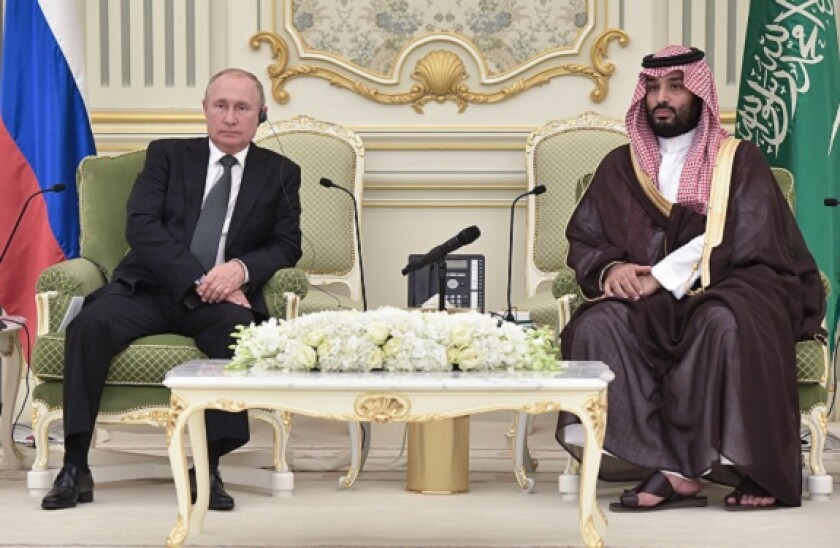At the beginning of the month, Saudi Arabia ramped up its output of crude oil and lowered the price in response to Russian refusals to agree to a new set of production cuts put forward by Opec.
That sent oil prices tumbling to around $20 at a time, exacerbated by a dip in global demand thanks to the coronavirus pandemic.
The fall in oil has smashed the company’s share price, down 14% year-to-date. At Sr30 ($7.97) a share on Tuesday, the company’s equity is trading 6% below its Sr32 per share IPO price.
Investors will still be paid a $75bn dividend, guaranteed at IPO, so in order to help it in this commitment, Aramco said it will drop capital expenditure to $25bn-$30bn this year, from $32.8bn last year. But it will still need a lot of cash to pay its shareholders.
Saudi Arabia had hoped Aramco’s exceptional numbers would be enough to tempt international investors at IPO In April last year. It revealed net profit of $111bn in 2018 from revenues of $356bn.
But international investors expressed concern that the company was too something of a Saudi Arabia policy tool rather than a business run purely for commercial interest. Indeed, a 1.5% free-float means that Aramco’s private investors have little to no say in the company’s operations.
No one knows when Russia and Saudi Arabia might come to an accord, but the longer the dispute goes on, the longer Aramco will be engaged in activity that hits its own bottom line.
Buyers who feared that Aramco was merely an arm of the state, rather than an independent oil company, may feel justified in their decision to boycott the IPO when the company refused to pay the discount they demanded.
"It is a complete mess and I'm glad we didn't get involved," said an equity investor at a tier one asset manager who had engaged with Aramco on the IPO. "It absolutely shows we were right to demand a risk discount."
All recent evidence shows that Aramco is not allowed to behave anything like the private company it is supposed to be.

